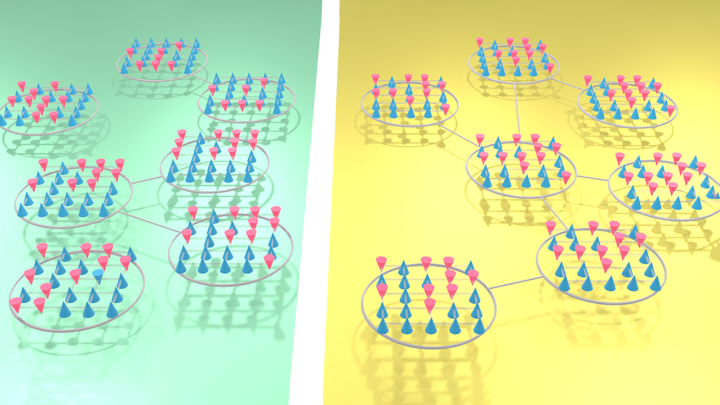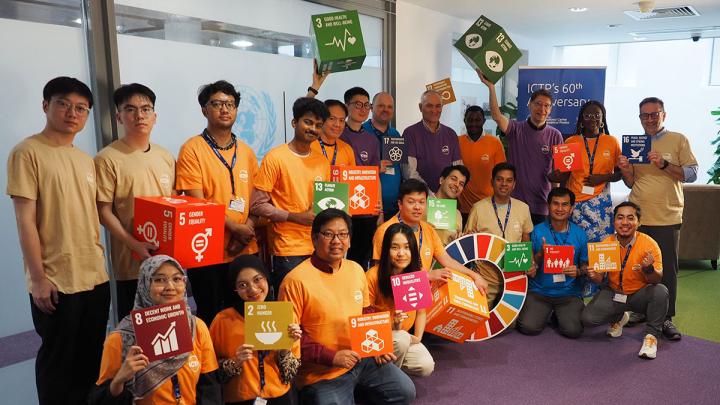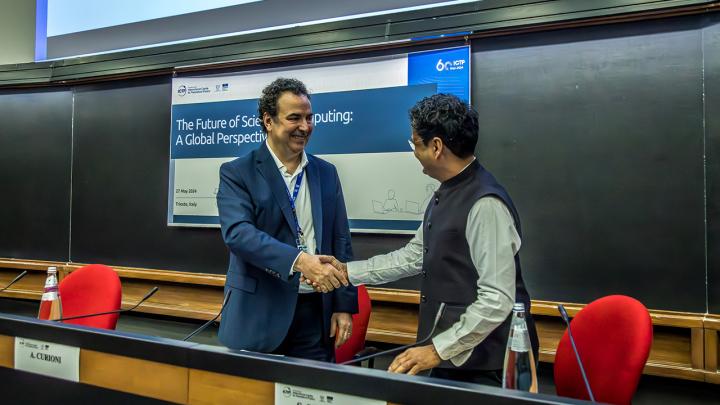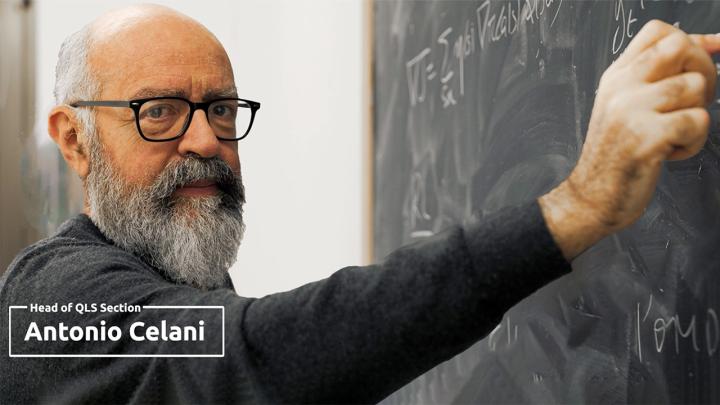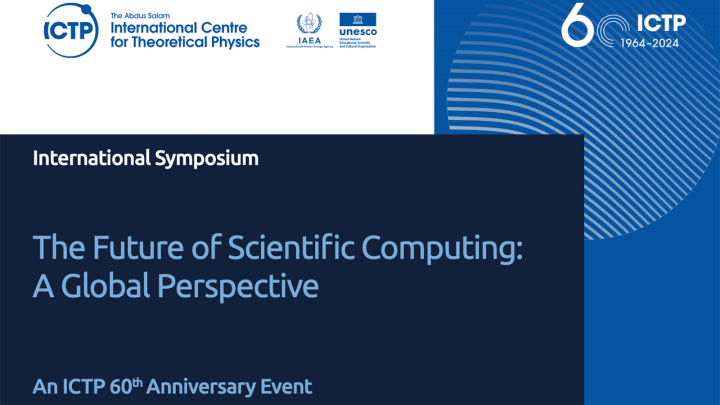ICTP is committed to Open Science, or making research available to all, regardless of borders. This includes open access to the computing resources required to harness the rapidly growing power of Artificial intelligence or quantum computing. Scientific computing is central to many fields and has provided insights beyond theory or experimentation, in endeavors ranging from the projection of future climate changes, the design of new materials for clean energy, and the analysis of the large amounts of data produced in particle physics experiments and cosmological observations.
Mission
The ICTP International Consortium for Scientific Computing (ICOMP) aims at closing the gap between rich and disadvantaged regions of the world in harnessing the potential of computational sciences through several actions:
- implementing higher education and career programs in modern and interdisciplinary computational sciences;
- enhancing international research collaborations in the field of computational science, building a community of scientists from developing countries working with modern computational tools to extend scientific frontiers in fields of direct impact for sustainable development;
- establishing an international network of key players in the area of high-performance computing (HPC) to ensure to this community the access to world-class facilities for cutting-edge scientific research.
ICOMP is meant to close the circle between all fundamental components (education, resources, technical skills and scientific insight) required in modern research, with the objective to establish structured research initiatives, fostering the birth of world-class research initiatives that would consolidate after a few years.
ICOMP will provide scientists from around the world with an integrated platform to exchange information, access resources, receive training, and contribute to the advancement of the rapidly evolving and expanding research field of computational sciences. This will create the ground to build ecosystems for advanced scientific computing in developing countries, educating generations of scientists, capable of delivering interdisciplinary research, as well as high-level technical experts, that can lead the economic transition. This will extend the impact of the ICOMP initiatives far beyond the scientific world, revolutionizing industry and strategic areas.
Thanks to its historical strength in the field of scientific computing and to its global scientific network, ICTP is ideally positioned to lead global efforts to enhance the impact of scientific computing in addressing the scientific challenges that are at the core of a sustainable future for the Earth.
Working Group
Erika Coppola (Research Scientist, ESP section)
Jean Barbier (Research Scientist, QLS & MATH sections)
Ali Hassanali (Senior Research Scientist, CMSP section)
Ralph Gebauer (Senior Research Scientist, CMSP section)
Ivan Girotto (ICTS/MHPC)
Serafina Di Gioia (Senior PostDoc, ICOMP)
Coordinator: Sandro Scandolo (Senior Coordinator of the ICTP Research Division and member of the CMSP section)
Partners
- CECAM - Centre Européen de Calcul Atomique et Moléculaire
- CINECA - Consorzio Interuniversitario del Nord est Italiano Per il Calcolo Automatico
- CSCS - Swiss Supercomputing Center
- GESDA - Geneva Science and Diplomacy Anticipator
- MHPC - Master in High Peformance Computing
- NITheCS - South African National Institute for Theoretical and Computational Sciences
- SISSA - Scuola Internazionale Superiore di Studi Avanzati
- South African Government, Department of Science and Innovation
- Brazilian Government, Ministry of Science, Technology and Innovation
- BRIN - Indonesian National Research and Innovation Agency
Join us
To become an institutional partner of ICOMP, please write to icomp@ictp.it



















